The truth is, most other websites about how to become an event planner are just trying to sell you an event planning course!

That, or they're general education/careers websites written by people have no idea that event planning careers do not follow the typical career path of 1. Study, 2. Qualify, 3. Entry-level job.
They'll tell you that you need to.....
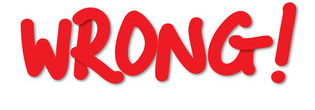
As the employers and recruiters who've contributed to this site will testify, you do not need a bachelor's degree to become an event planner. You still need a good standard of education, but in the event planning industry, experience trumps qualifications every time! Therefore, it's perfectly possible to become a successful event planner without a college degree.

As you'll learn on this site, taking an event planning course alone will not make you qualified for an entry-level job in the industry. Employers are first and foremost interested in your experience—to the point where many agree that taking an event planning course can be unnecessary. And don't believe any course that says it will make you a certified event planner...

Unlike many other professions that require you to become certified before you can practice, event planning requires you to have worked in the industry for a minimum of 2-3 years before you can even apply for certification. So this is not something you need to be concerned with at the beginning of your career.

But what sort of experience are employers looking for? And how exactly do you get it? I guarantee that if you just start sending out your resume enquiring about (even unpaid!) work experience opportunities, the chances are you'll get zero replies.
If a website's ultimate aim is to sell you an event planning course—that some employers think are unnecessary—or if it promotes misleading information regarding educational requirements and the need to become certified, how can you really trust that they're giving you the most accurate and relevant career advice?
Unlike other websites, this site does not have a vested interest in trying to sell you event planning courses.
The career advice and information offered here is based on interviews with 19 leading employers, recruiters, and experienced event professionals—representing all the main sectors of the industry—in order to give a broader and more accurate insight into the industry and what it thinks about the issues of education, training, and experience.
You'll also learn about the realities of a career in event planning first hand from the professionals and understand the different sectors of the industry, what training and experience employers are looking for, and how to get started in the business.
The aim of this site is to give you honest, relevant, and impartial career advice so that you can make an informed decision about whether taking an event planning course is right for you or not. And if not, how to take your first steps to becoming a professional event planner.

















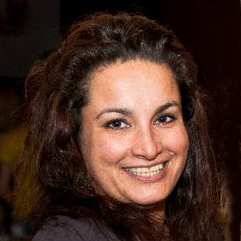

The vast majority of people looking to get into the events industry go about it in entirely the wrong way—which is what prompted me to create this site.
Unlike most professions, you don’t need formal training or qualifications to become an event planner; you can’t just take a course, graduate and start applying for entry-level positions.
In this industry, employers are looking for experience rather than qualifications.
So how does one get industry experience when first starting out?
A lot of that comes down to how you approach potential employers and the preparation you do beforehand. Which is what I hope to teach you with this site.
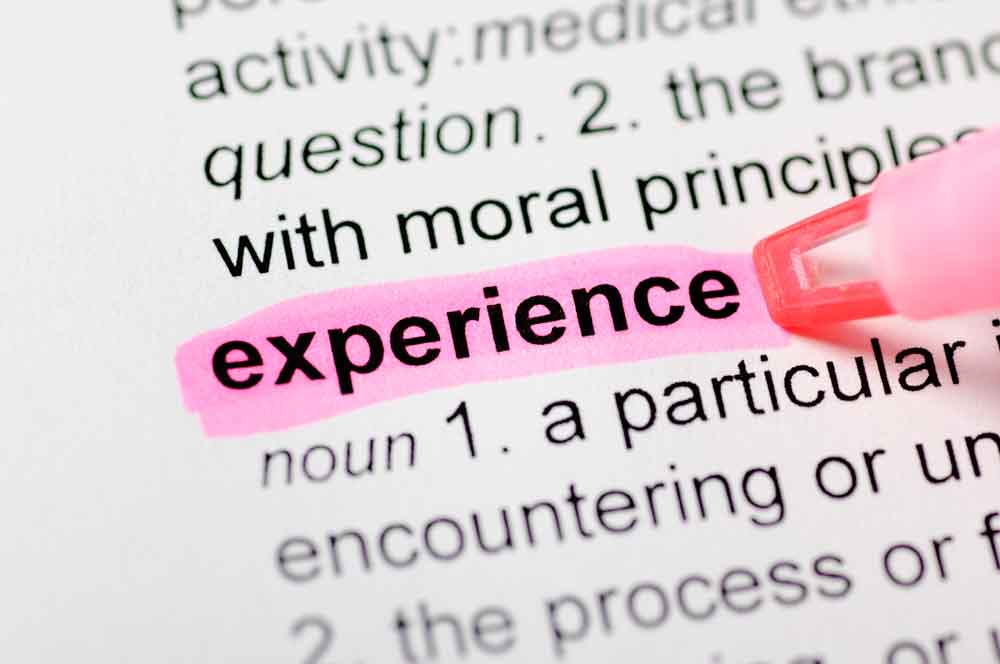
The first is making ‘cold’ approaches to potential employers. You can’t just sit at home passively sending out resumes hoping that someone will just give you an opportunity.
As an employer myself, I get inundated with resumes from people asking for entry-level positions, work experience and internships. Most of the time these just get buried in my inbox and I never have time to look at them. On the rare occasion one stands out enough for me to read the attached resume, I’m usually left completely underwhelmed. In truth, the chances of me hiring someone in this way—even for work experience—are probably slim to none.
The events industry, perhaps more so than others, is all about networking, contacts and personal relationships. Ninety-nine percent of jobs—the good ones at least—never even get advertised. And that includes work experience opportunities and entry-level positions.
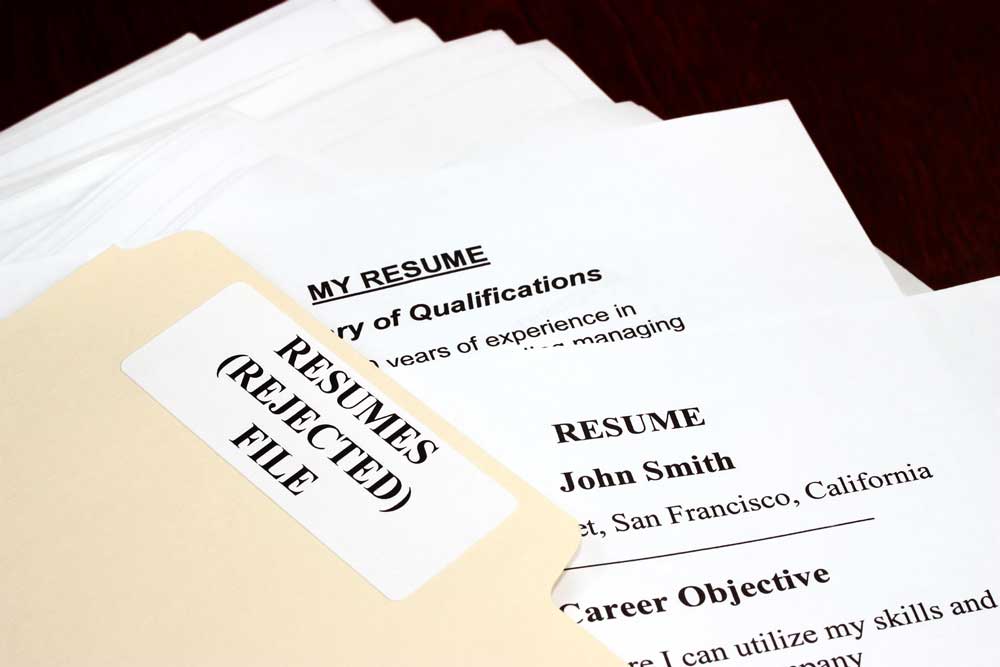
This doesn’t mean the industry is a closed shop, only for those with friends who can make introductions. What is does mean however, is that you have to be strategic in the way you approach employers. And that is what myself and the other event professionals who’ve contributed to this site, aim to teach you.
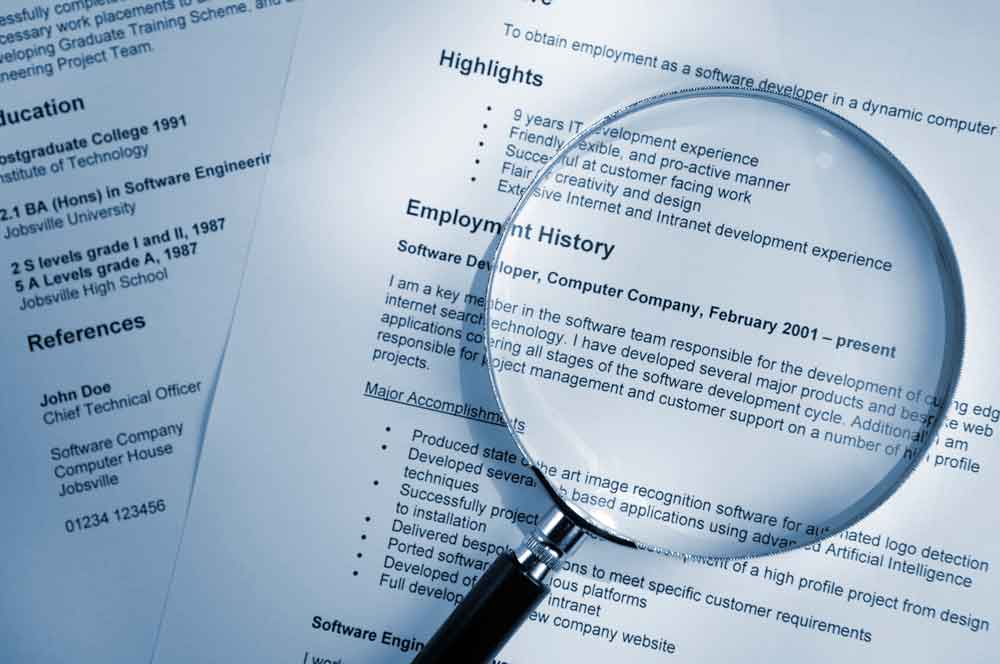
The second mistake you’re likely to make is not helping yourself sufficiently before asking a potential employer to help you. I mentioned previously that I’m often underwhelmed when I read the resumes of people asking for entry-level positions, work experience or internships.
This is because very few have impressed me with the level of effort they’ve already put in to getting experience, prior to approaching me.
In order to convince an employer to take a chance on you, you first need to show them what you’ve already done to help yourself.
If I look at your resume, will I see evidence of your drive and commitment to getting into the events industry? If your cover letter tells me that you are passionate about events, will that be reflected on your resume—in the effort you’ve made to get experience?
Later on this site, I'll discuss the type of experience employers will be looking for on your resume—and how to get it.
I set out to create this site—and its companion book Become an Event Planner: Secrets for Getting Hired from Employers, Recruiters, and Event Professionals—in order to show job-seekers the right way to go about becoming an event planner. Along the way, myself and the other event professionals hope to help you decide whether taking an event-planning course is right for you, and how to:
This site—and the companion book—is about giving you the inside track on exactly what employers are looking for; to help you stand out from all the other job-seekers still passively sending out resumes and pleading to be given a chance. So start reading below to take your first steps to becoming an event planner.
First, make sure you really understand what event planning is all about. Often, people have a preconceived idea that event planning is all about choosing venues, working with caterers, designing theming and decor, and booking entertainment. When in reality, it's far more about budgets, contracts, and logistics.
Hear first-hand from the professionals on what the day to day job involves—the idea v the reality—and get a feel for whether becoming an event planner is right for you.
Learn about the different career options available and the different ways to work as an event planner, then decide what type of event planner you want to be.
Meeting planning? Special event planning? Experiential? Learn about the different sectors of the event planning industry and choose a sector to target.
Learn why you don't need higher education, formal training, or qualifications to start working in the events industry—and how to choose the right type of training for you.
Understand why you don't need event planning certification to become an event planner and why many online courses promising to make you a certified event planner are a scam.
Taking an event planning course alone will not make you qualified to work in the industry. Hear from employers, recruiters, and experienced professionals about why you don't need to take an event planning course.
Learn what event planning experience employers will be looking for, how to get it, and how to use it to demonstrate the necessary core skills, knowledge, and personal qualities on your resume.
Most event planning jobs and work experience opportunities don't even get advertised. You can't just sit at home sending out resumes hoping to land an opportunity—even an unpaid one! Learn about the importance of networking in the events industry and how to approach—and get noticed by—employers.
Hear first-hand from employers, recruiters, and experienced professionals about how to prepare for an interview, what to say and do, and what not to!
If you're thinking 'should I become an event planner?' or 'what is it like to be an event planner?' First, make sure you really understand what event planning is all about.